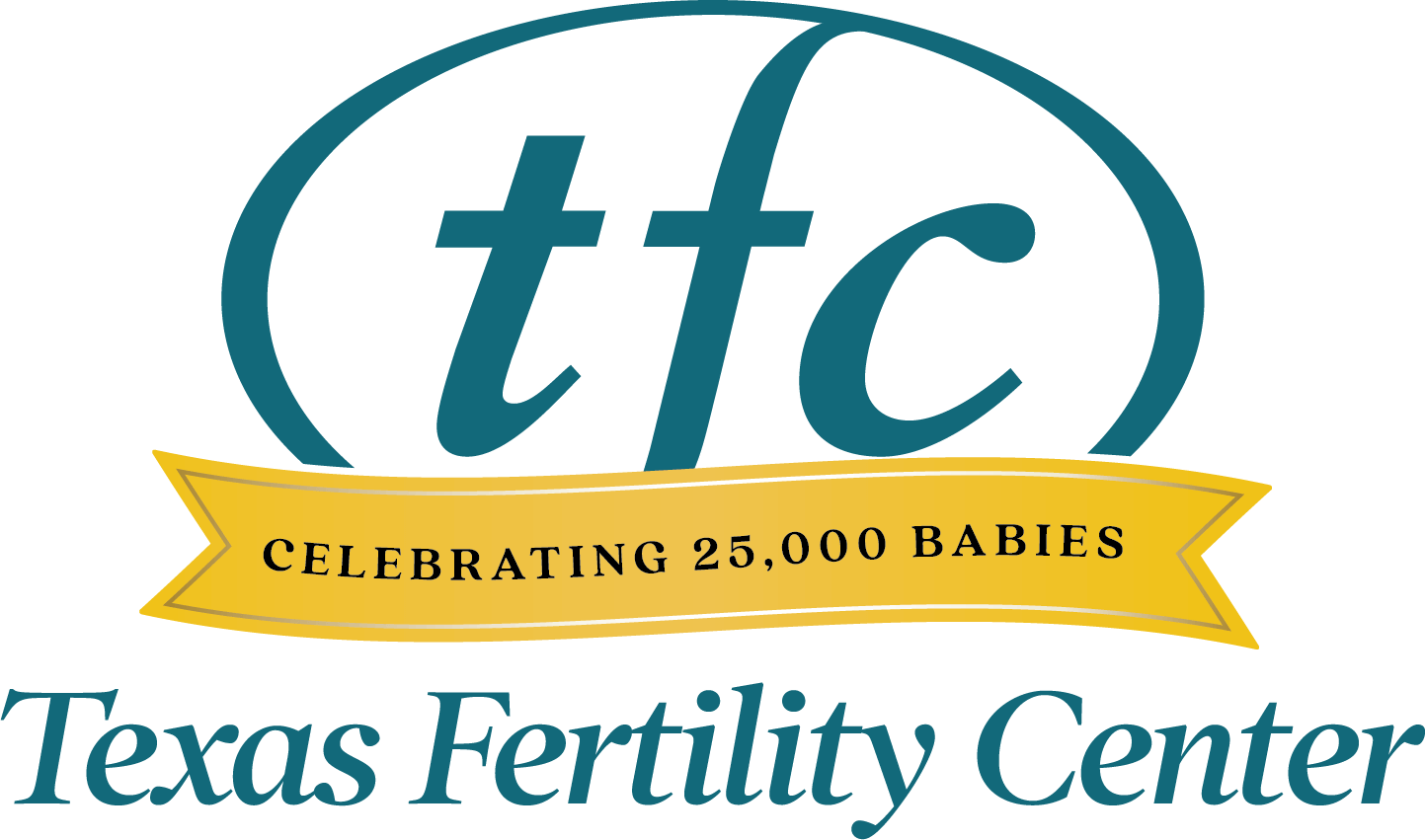
In vitro fertilization (IVF) begins with ovarian stimulation
Ovarian stimulation is the first and one of the most important steps of IVF. When a patient takes medications to stimulate her ovaries, the goal is to safely produce many healthy eggs for an IVF cycle. Dr. Susan Hudson, our experienced New Braunfels fertility doctor works with each IVF patient to develop an individualized stimulation protocol.
How Dr. Hudson selects the best ovarian stimulation protocol for each patient
Our New Braunfels fertility doctor realizes that each patient is unique and requires a different medication and dosages for optimal ovarian stimulation. Stimulating the ovaries is a complex process that involves several variables that affect a woman’s response to medication. Dr. Hudson looks at several factors, including a patient’s age, her ovarian reserve and her overall ovarian health, when creating a treatment plan.
- Age. A woman’s ovarian reserve (egg supply) decreases with age. This means that a woman in her 20s will tend to produce more eggs from ovarian stimulation than a woman in her 40s.
- Hormone levels. When a woman has abnormal prolactin or thyroid stimulating hormone (TSH) levels, she may not respond as well to ovarian stimulation.
- Ovarian health. If a woman has undergone ovarian surgery or has problems with her ovaries, she will typically not produce as many eggs as other patients.
What are some similarities between stimulation protocols?
Our New Braunfels fertility doctor will recommend one of a variety of different ovarian stimulation protocols for each patient. However, there are certain similarities between these treatment regimens. For example, some patients will begin the process by taking three to four weeks of birth control pills. Many patients are surprised to learn that birth control pills help synchronize egg development, which can cause the ovaries to produce more eggs.
The classes of medications that make up stimulation protocols are also similar. A woman will begin by taking injectable gonadotrophins, such as Follistim, Gonal F, or Menopur, to promote egg development, and a gonadotropin releasing hormone (GnRH) analog, such as Lupron, Antagon, or Cetrotide, to prevent premature ovulation. She will eventually take medicine, such as hCG or Ovidrel, to help her eggs mature prior to the retrieval procedure. The final medication is progesterone, which supports the uterine lining after an embryo transfer.
The medication type, dosage and method of administration may be different for each patient. You can count on our New Braunfels fertility doctor to make sure you are comfortable with your treatment plan before beginning the process.
Contact us when you are ready to schedule an appointment. Our team is happy to explain how IVF can help your dream of parenthood come true.



